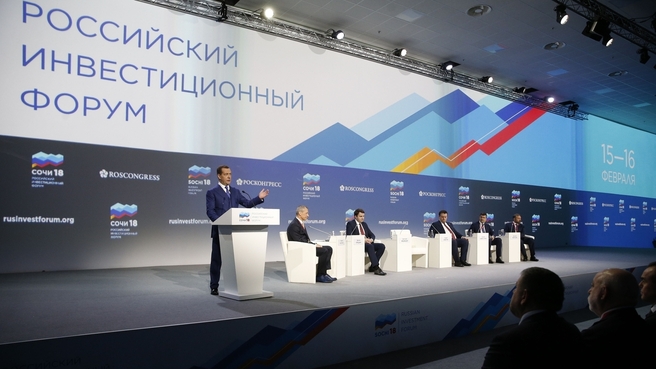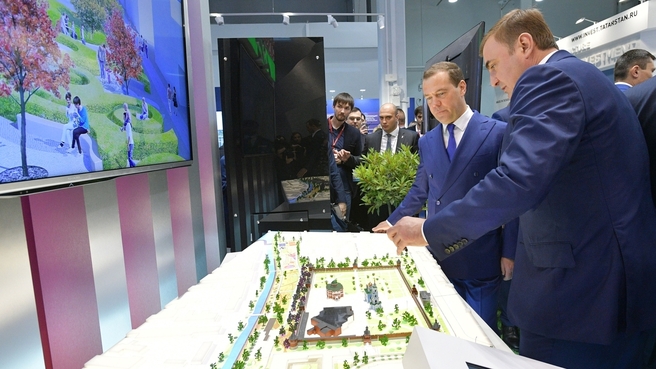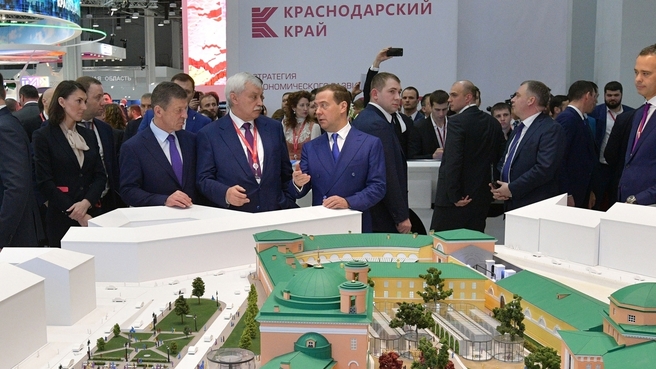Establishing Khibiny National Park in the Murmansk Region
The Government of the Russian Federation issued a resolution establishing Khibiny National Park, with a total area of 84,804 hectares, in the Murmansk Region.
Reference
The national park will be under the jurisdiction of the Ministry of Natural Resources.
The areas included in the national park will not be removed from economic use, but will be granted to the Tundra farming cooperative run by a group of Sami, the local indigenous people, for reindeer herding.
The purpose of the national park is to preserve the practically unspoiled natural systems of mountain tundra and northern taiga of the Khibiny and Lovozero mountain ranges in the western part of the Kola Peninsula, which have great environmental, scientific and recreational significance.
The national park area contains unique natural landmarks – geological, geomorphologic, hydrological, botanical, zoological, landscape, historical and cultural sites – that have educational and aesthetic value and are attractive for the development of tourism.
The Khibiny Mountain Range is unique in its landscape diversity and the variety of rocks and minerals. Almost all animal species and the main types of vegetation of the Murmansk Region are found there. A number of plant and animal species are under special protection and are listed in the Red Data Book of the Russian Federation and the Red Data Book of the Murmansk Region.
The projected national park includes historical and cultural heritage sites such as Neolithic camp sites (from around the 8th-3rd millennium BC), and those of the Sami medieval period, artifacts of Sami history and culture, and the history of the development of the Khibiny and Lovozero tundra mineral deposits.


